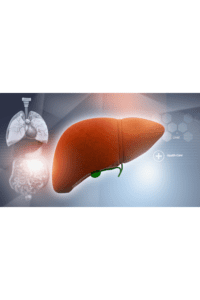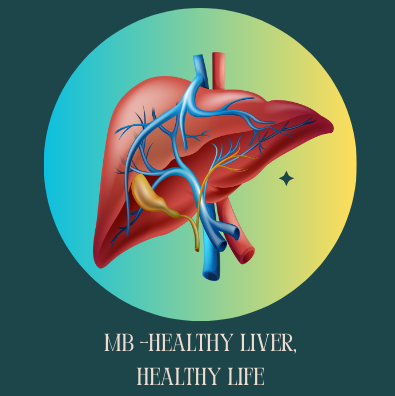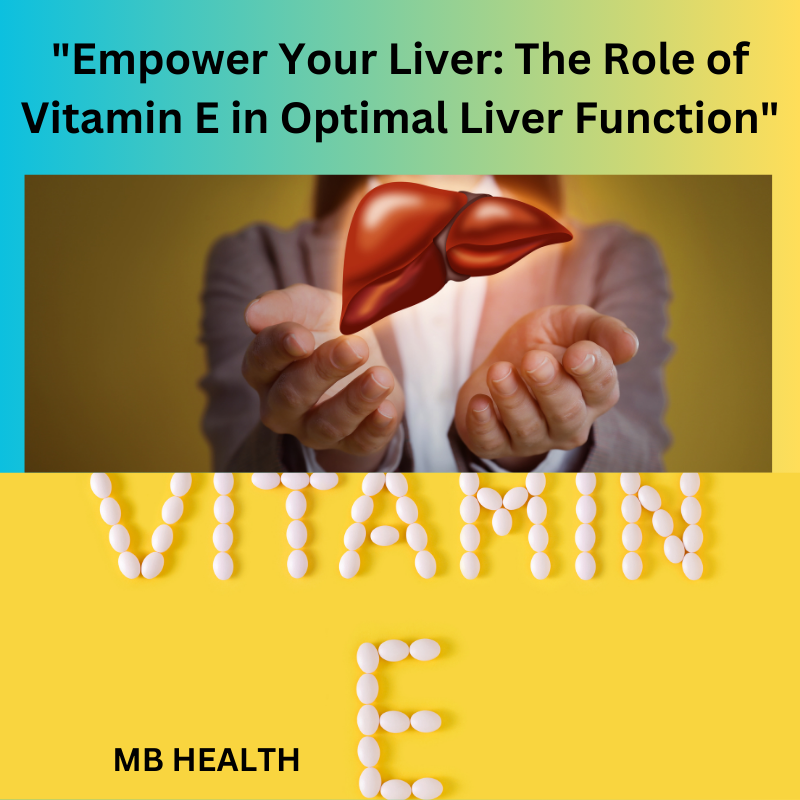Empower Your Liver: The Role of Vitamin E in Optimal Liver Function
Description: Empower Your Liver: The Role of Vitamin E in Optimal Liver Function is an informative document that delves into the significance of vitamin E in maintaining a healthy liver. This comprehensive guide explores the various benefits of vitamin E and its impact on liver function. By understanding the role Vitamin E plays in promoting optimal liver health, individuals can make informed choices to empower their liver and enhance their overall well-being

Discover how vitamin E plays a pivotal role in enhancing liver function and promoting overall wellness. Learn about the powerful antioxidant properties of vitamin E and its ability to protect liver cells from oxidative stress. over the scientific evidence supporting vitamin E supplementation for optimal liver health
Developing the Illness of Non-Alcoholic Fatty Liver
A common medical disorder known as Non-Alcoholic Fatty Liver Disease (NAFLD) involves the buildup of excess fat in the liver. It is linked to obesity, insulin resistance, and metabolic syndrome (Fatty Liver Disease -9 Positive Strategies for fatty liver well being and it impacts people who drink very little alcohol. A variety of liver diseases fall under the umbrella of non-alcoholic steatohepatitis (NASH), which can lead to fibrosis, cirrhosis, and hepatocellular cancer. These illnesses are part of the NAFLD spectrum.
Vitamin E Function in Maintaining a Healthy Liver
Vitamin E: An Introduction
Protecting cells from oxidative stress and free radicals, vitamin E is an effective antioxidant. There are eight distinct forms of this vital nutrient, the most active of which is alpha-tocopherol in humans.
Action Mechanisms
Several pathways mediate vitamin E’s protective effects on the liver:
Antioxidant Activity: Vitamin E helps protect the liver from inflammation and damage by reducing oxidative damage to cells. It does this by scavenging for free radicals.
Anti-Inflammatory Features: Vitamin E reduces inflammation in the liver by preventing the synthesis of mediators and cytokines that promote inflammation.
Important routes in the development of non-alcoholic fatty liver disease (NAFLD) include lipid metabolism, insulin sensitivity, and inflammation; vitamin E modulates gene expression in these areas.
Facts Proving That Vitamin E Supplements Are Beneficial
Vitamin E effectiveness in NAFLD management has been the subject of a great deal of research.
Hepatic steatosis, inflammation, and ballooning were all reduced in NASH patients who took vitamin E supplements, according to a meta-analysis published in the Journal of Hepatology.
A landmark clinical experiment called the PIVENS trial showed that non-diabetic people with NASH who took vitamin E supplements (800 IU/day) for 96 weeks (about 2 years) had much better liver histology results than those who took a placebo.
Supplemental vitamin E improved liver function tests and decreased liver fat content in patients with non-alcoholic fatty liver disease (NAFLD), according to research published in the American Journal of Clinical Nutrition.
Things to Think About and the Optimal Dosage
How Much to Take
The vitamin E dose for non-alcoholic fatty liver disease (NAFLD) therapy is still up for discussion. Researchers in humans have shown that taking 800 IU of alpha-tocopherol every day can help improve the histology of the liver. Individual needs vary; therefore, it is crucial to talk to a doctor before beginning a supplement program. Fatty Liver Disease -9 Positive Strategies for fatty liver well being
Constructing and Eliminating
For optimal absorption and effectiveness, choose natural forms of vitamin E (d-alpha-tocopherol) rather than synthetic forms (dl-alpha-tocopherol). Being a fat-soluble vitamin, vitamin E is best absorbed when eaten alongside meals that include healthy fats.
Final Thoughts: Vitamin E’s Beneficial Effects on Liver Health
Finally, for those suffering from NAFLD, vitamin E is an excellent supplementary treatment option. In the fight against liver damage and for general liver health, its capacity to control gene expression, along with its antioxidant and anti-inflammatory characteristics, makes it an invaluable asset. Existing evidence suggests that vitamin E supplementation should be part of a holistic strategy for NAFLD management; however, more study is required to determine the ideal dosage and long-term effects.
Fatty Liver Disease -9 Positive Strategies for fatty liver well being
 https://analytics.google.com/analytics/web/#/analysis/p405220706
Skip to content
https://analytics.google.com/analytics/web/#/analysis/p405220706
Skip to content 
